Criminal gangs targeting Chip and PIN readers
At the start of the year researchers published a report on hacking Chip and PIN readers – now details have emerged of UK criminals doing the same thing.

Police have said criminals are hacking Chip and PIN readers to steal customer details, after an alleged counterfeit card factory was raided in Birmingham.
It was warned that fraudsters were hiding devices in checkout card machines to access details, which were then used to clone cards and withdraw money abroad where Chip and PIN was not in use.
The factory had the equipment needed to steal details and create fake cards such as chip-and-pin terminals, card writers, card account numbers, counterfeit magnetic strip cards and computer software.
Back in February, Cambridge University researchers published details of successful attempts to obtain PIN numbers and credit card numbers from Chip and PIN terminals.
At the time a report claimed all that was needed for a hack was a bent paperclip, a needle, a short length of wire and some creative thinking', with some observers claiming that the legacy magnetic stripe of a card was inherently vulnerable.
Jonathan Craymer, chairman of authentication security vendor GrIDsure, claimed that the Chip and PIN's reliance on fixed PIN systems had left it vulnerable to attack, especially in other countries.
"Fraud on the UK's high streets has reduced since Chip and PIN was introduced, but the same cannot be said for online fraud and fraud abroad'," he said.
Get the ITPro daily newsletter
Sign up today and you will receive a free copy of our Future Focus 2025 report - the leading guidance on AI, cybersecurity and other IT challenges as per 700+ senior executives
However he was of the opinion that hacking Chip and PIN readers was a difficult way of fraudsters to commit fraud, as there were much easier ways of collecting details.
He said: "No matter what you do to strengthen the Point of Sale terminal you will not overcome the basic problem of people shoulder surfing or key logging a static PIN number."
-
 CyberOne appoints Microsoft’s Tracey Pretorius to its advisory board
CyberOne appoints Microsoft’s Tracey Pretorius to its advisory boardNews The threat intelligence leader will provide strategic guidance to CyberOne’s executive team
By Daniel Todd
-
 CISA issues warning in wake of Oracle cloud credentials leak
CISA issues warning in wake of Oracle cloud credentials leakNews The security agency has published guidance for enterprises at risk
By Ross Kelly
-
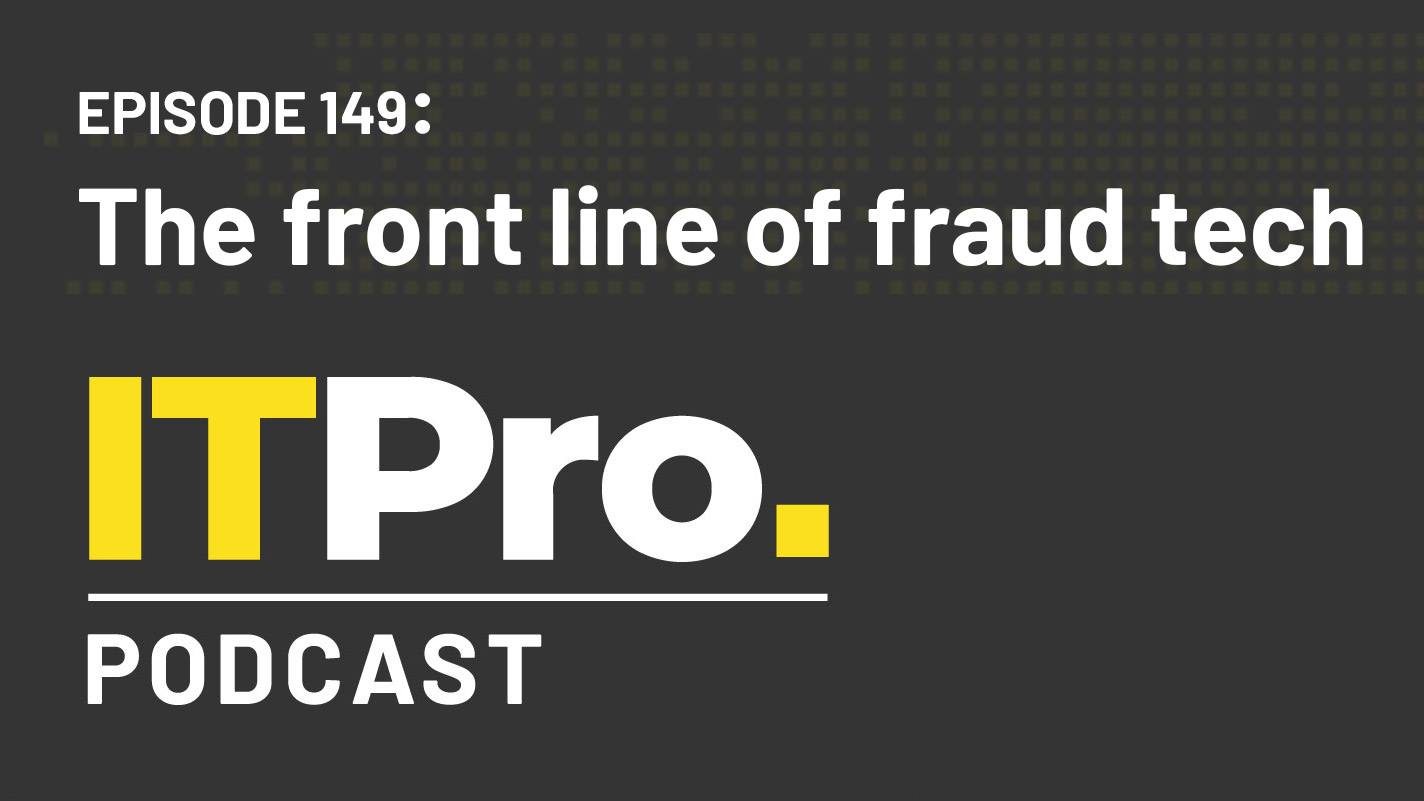 The IT Pro Podcast: The front line of fraud tech
The IT Pro Podcast: The front line of fraud techIT Pro Podcast With tools such as deepfakes, the future of fraud tech relies on cutting edge AI as much as good security practice
By IT Pro
-
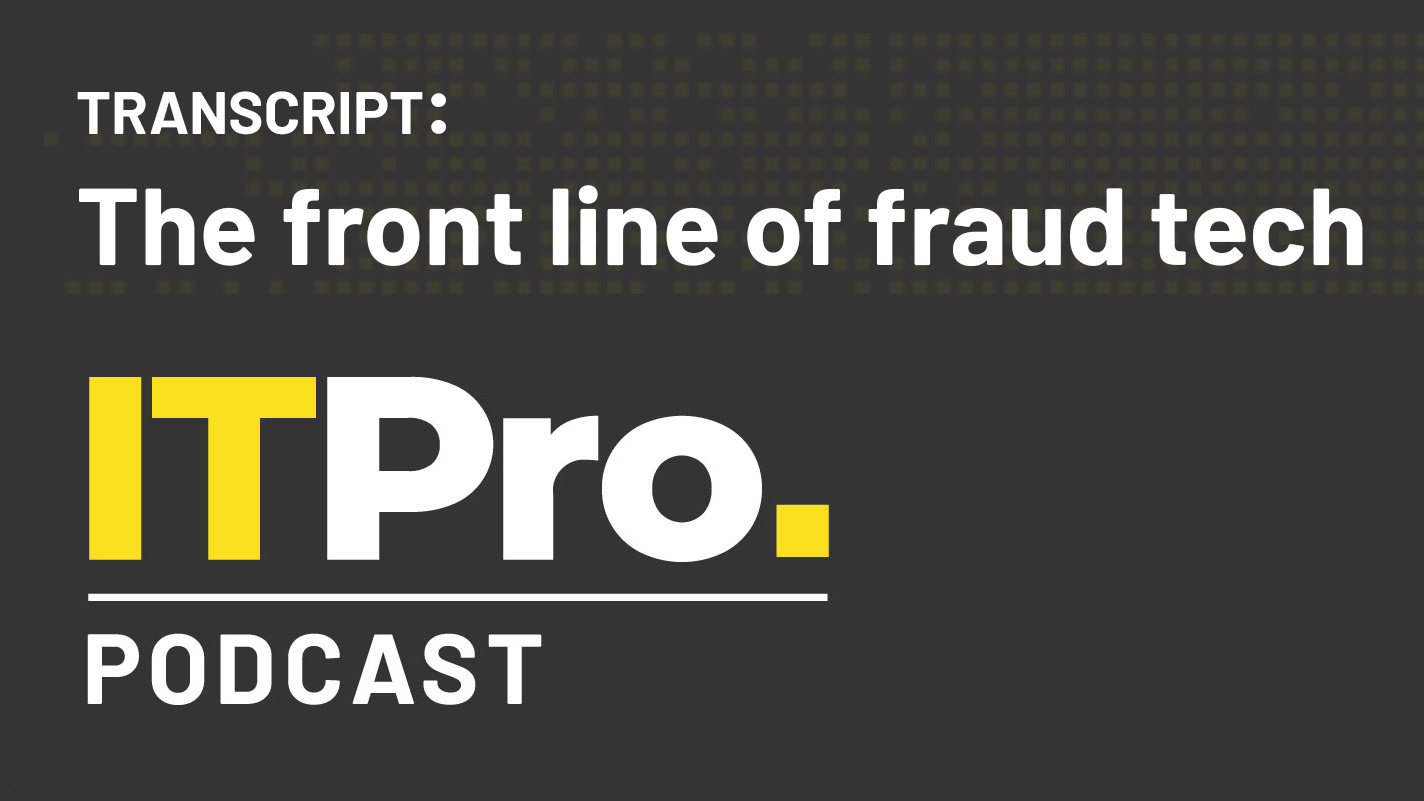 Podcast transcript: The front line of fraud tech
Podcast transcript: The front line of fraud techIT Pro Podcast Read the full transcript for this episode of the IT Pro Podcast
By IT Pro
-
 LAPSUS$ breached T-Mobile systems, stole source code
LAPSUS$ breached T-Mobile systems, stole source codeNews T-Mobile has denied that the hackers obtained customer or government information
By Sabina Weston
-
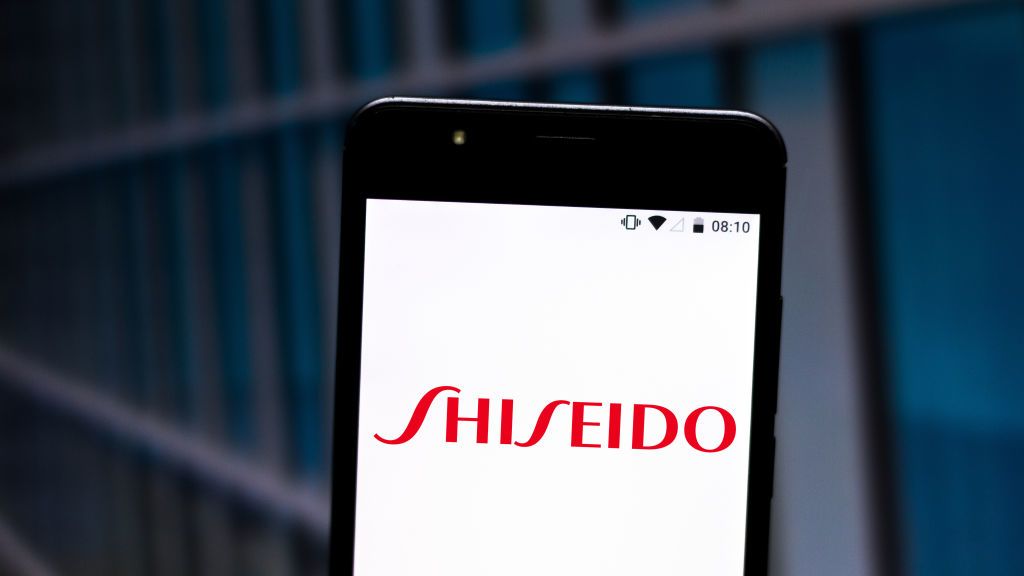 Exclusive: Former Shiseido staff say company was aware of data breach weeks before official notice
Exclusive: Former Shiseido staff say company was aware of data breach weeks before official noticeNews Fake companies were created using the stolen identities of hundreds of Shiseido employees, former staff claim
By Sabina Weston
-
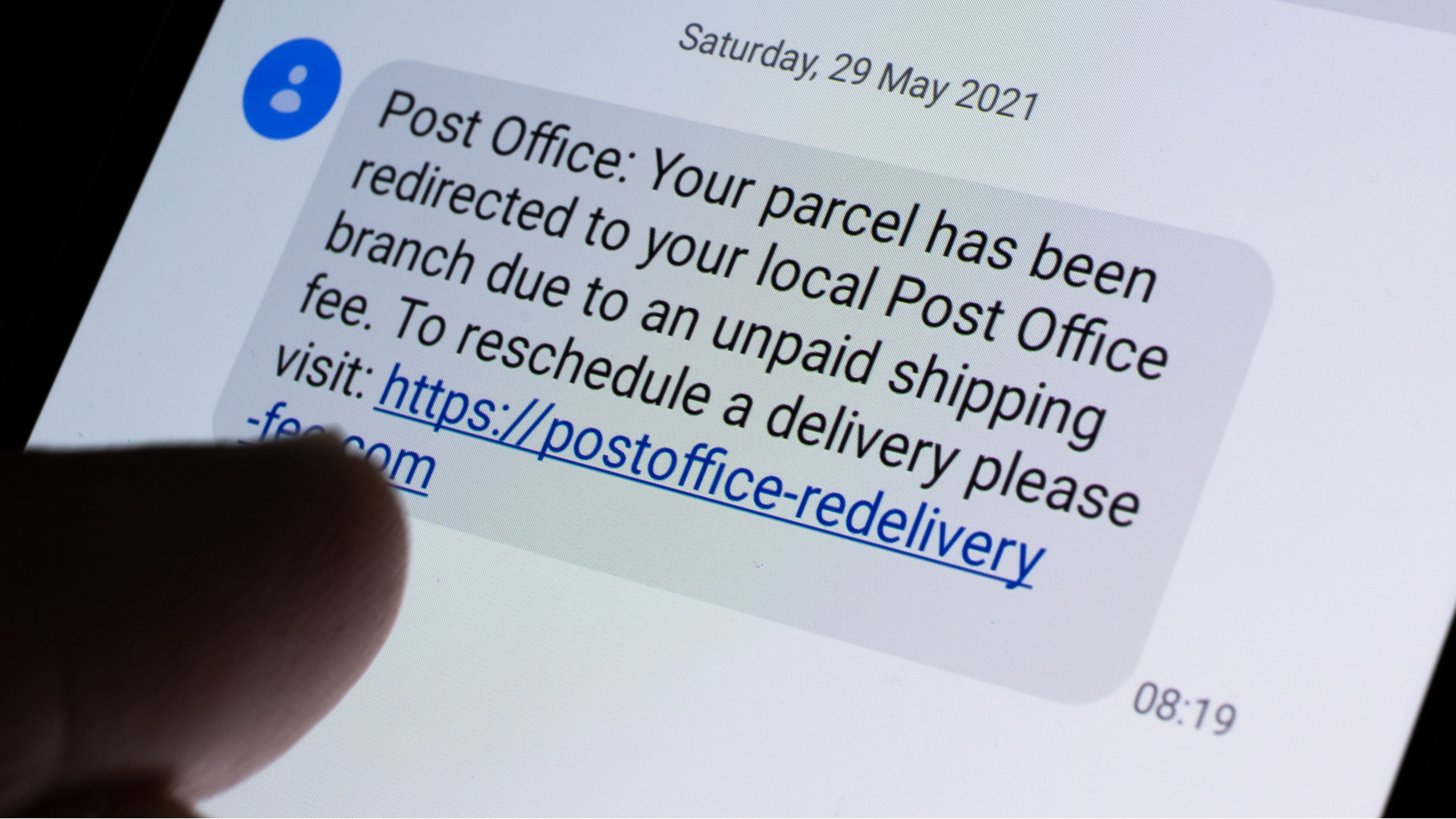 What is smishing?
What is smishing?In-depth A closer look at one of the most perilous forms of phishing
By Praharsha Anand
-
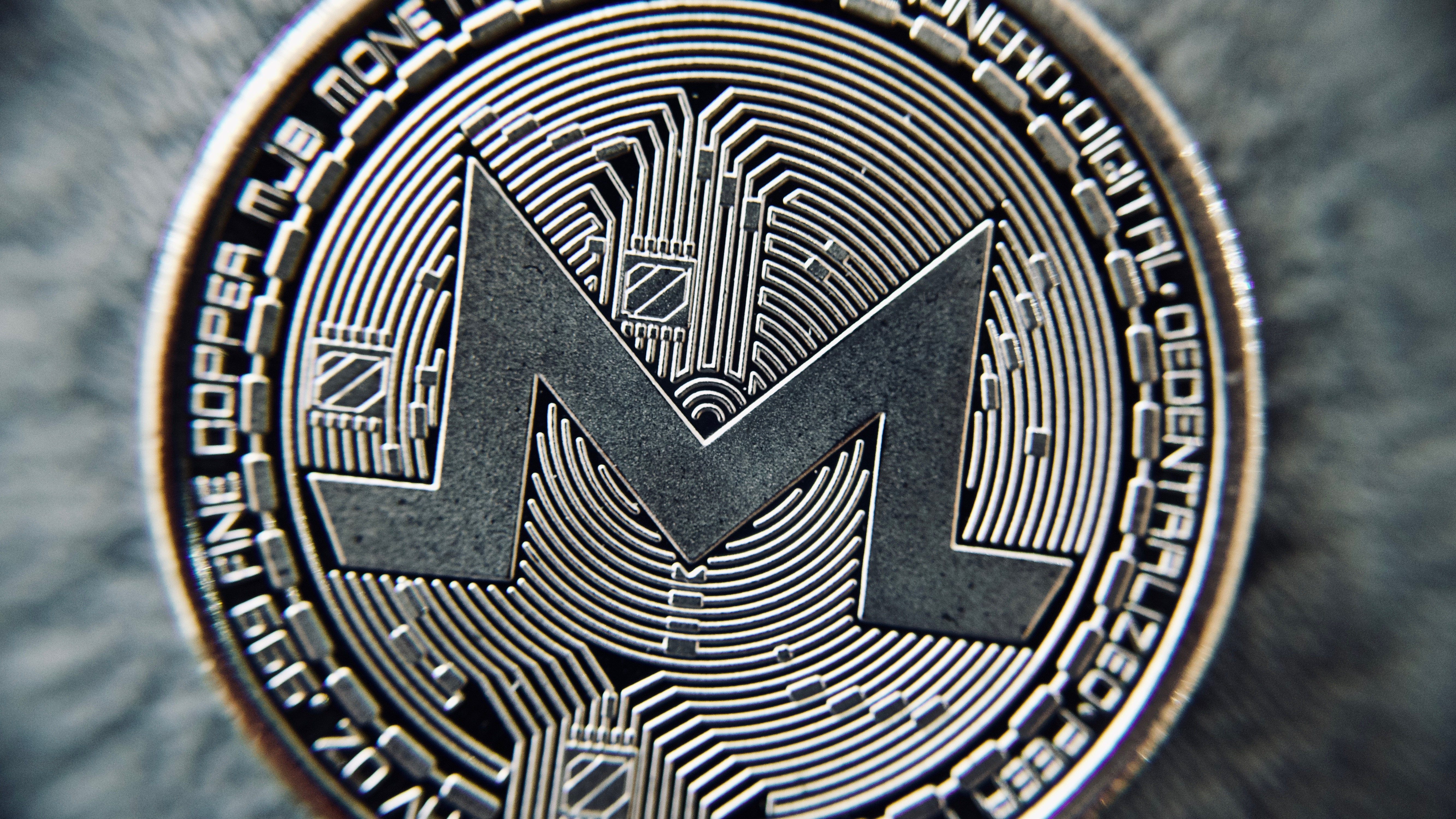 FBI warns scammers are using cryptocurrency ATMs to siphon cash
FBI warns scammers are using cryptocurrency ATMs to siphon cashNews Criminals will stay on phone with victims as they make payments, says advisory
By Danny Bradbury
-
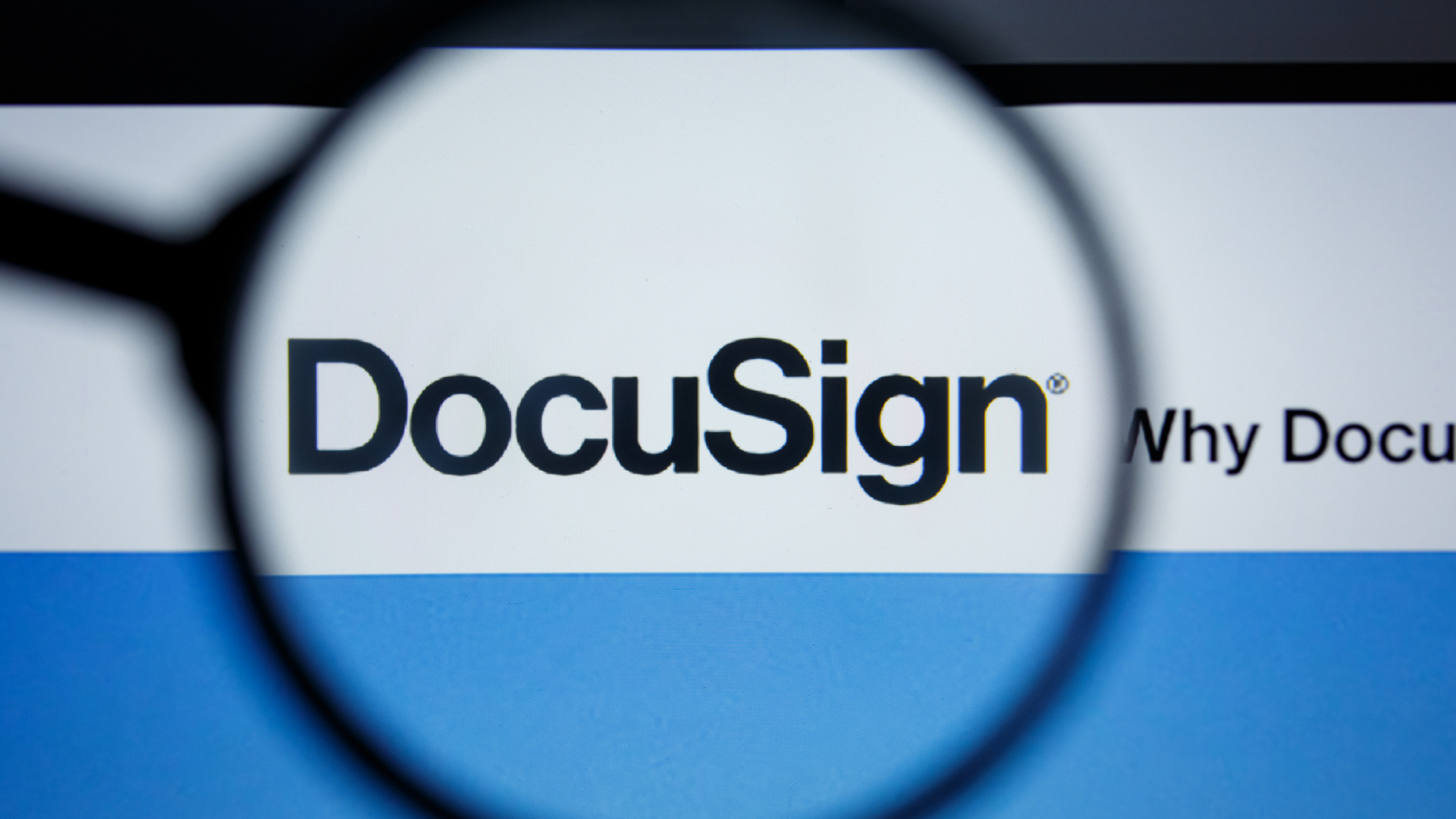 Hackers fake DocuSign and offer fraudulent signing methods
Hackers fake DocuSign and offer fraudulent signing methodsNews Criminals impersonate the e-signing company to steal credentials
By Rene Millman
-
 Account takeovers rise nearly threefold during pandemic
Account takeovers rise nearly threefold during pandemicNews Financial services hit hardest by account hijackers, says Sift report
By Danny Bradbury